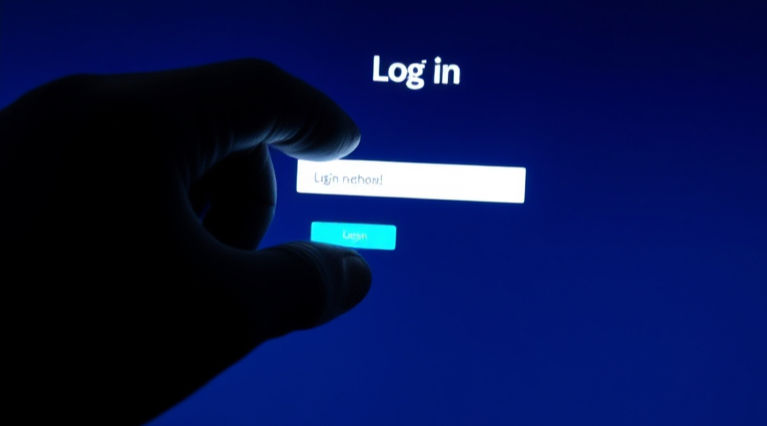Salesforce Credential Theft Campaign Highlights Growing Third-Party Risk
- Ben Card

- Sep 9, 2025
- 2 min read
In the past week, a wave of cyberattacks targeting Salesforce platforms has exposed a critical vulnerability in how businesses manage third-party services and employee access. High-profile brands including Google, Pandora, and Chanel were among the victims of a sophisticated credential theft campaign attributed to the ShinyHunters threat group. The attacks relied on voice phishing techniques to trick employees into handing over login credentials and multi-factor authentication tokens, granting attackers unauthorized access to sensitive customer databases.

This campaign underscores a growing concern for businesses: the fragility of trust in third-party platforms and the ease with which attackers can exploit human behavior. Salesforce, widely used across industries for customer relationship management, became the conduit for data theft not because of a flaw in its software, but due to misused credentials and social engineering. Once inside, attackers accessed customer names, email addresses, phone numbers, and other personal data, triggering regulatory scrutiny and reputational damage for the affected organizations.

The implications are far-reaching. Businesses increasingly rely on cloud-based platforms to streamline operations, but many overlook the security risks tied to user access and third-party integrations. This incident reveals that even well-defended systems can be compromised if identity and access management practices are weak or inconsistent.
To mitigate these risks, organizations should take immediate steps:
Conduct a comprehensive review of third-party platforms and their access controls
Implement phishing-resistant multi-factor authentication, such as hardware tokens or biometric verification
Train employees to recognize and report social engineering attempts, especially voice-based phishing
Monitor for anomalous activity across cloud platforms and enforce least-privilege access policies
Regularly audit integrations and remove unused or unnecessary third-party apps
The Salesforce breach is not an isolated event—it’s part of a broader trend where attackers bypass technical defenses by targeting people and processes. As businesses continue to adopt cloud services and remote collaboration tools, the need for robust identity security and third-party risk management becomes more urgent than ever. The lesson from this week’s headlines is clear: trust must be earned, verified, and continuously monitored.
Trust must be earned, verified, and continuously monitored.
Webcheck Security can help your organization protect itself against the ever-increasing number and level of threats we are all facing in today’s environment. Contact us today to learn more.




Comments